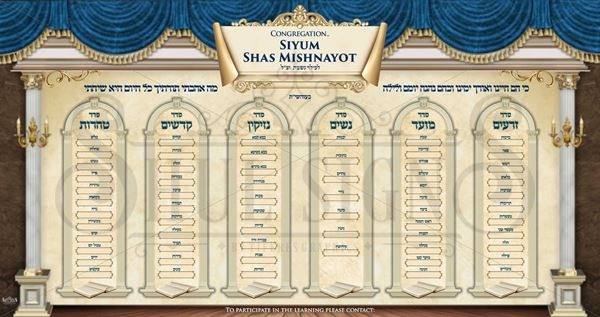The observance of Shloshim, marking the thirty-day period following a loved one’s passing, holds profound significance in Jewish tradition. During this time, family and friends engage in various customs to honor the deceased’s memory and bring peace to their soul. Among these practices is the study of Mishnayos (Mishnah), an integral part of the oral Torah composed around 200 CE by Rabbi Judah HaNasi. The study of Mishnayos during Shloshim serves as both a spiritual elevation for the departed soul and a source of solace for those who mourn.
The word “Mishnah” shares its root with “neshamah,” meaning soul, symbolizing a deep connection between this sacred text and the essence of human life. Engaging in its study is believed to provide merit to the departed soul, aiding its journey through higher realms. Each letter and word are seen as channels through which divine energy flows, potentially easing any judgment faced by the deceased.
During mishnayos for shloshim family members or friends to organize learning sessions where participants collectively study various tractates of Mishnayos. This communal effort not only honors the memory of the departed but also fosters unity among those who gather together in remembrance. Often, specific chapters are chosen based on their thematic relevance or personal significance related to qualities embodied by the deceased.
The practice of studying Mishnayos reflects a broader Jewish belief that actions performed by those still living can impact souls beyond this world. It underscores an enduring connection between earthly deeds and heavenly outcomes—a testament to Judaism’s holistic view on life and afterlife intertwined seamlessly.





